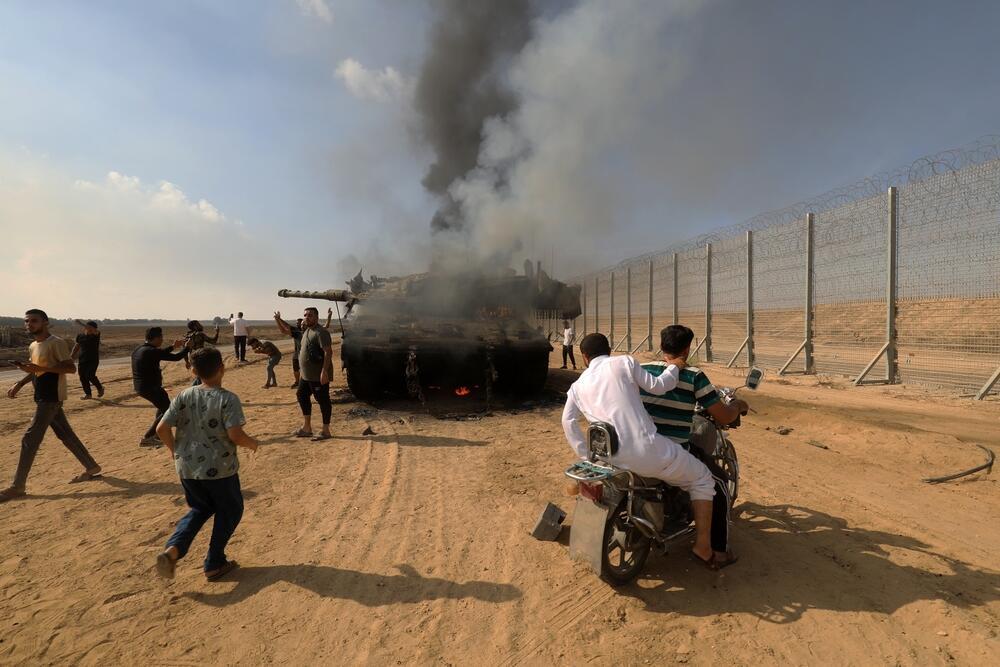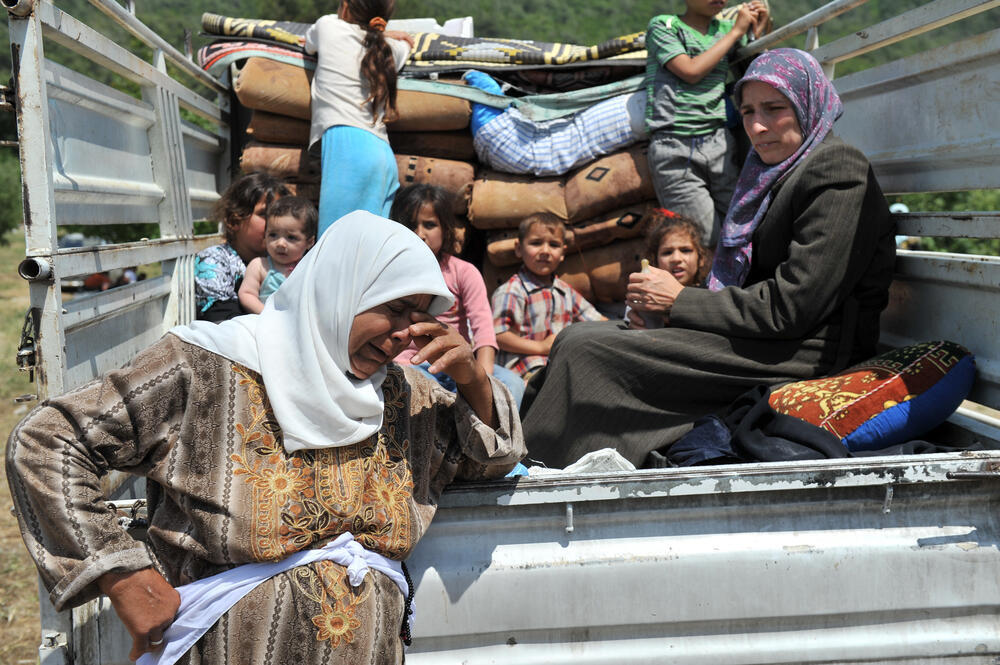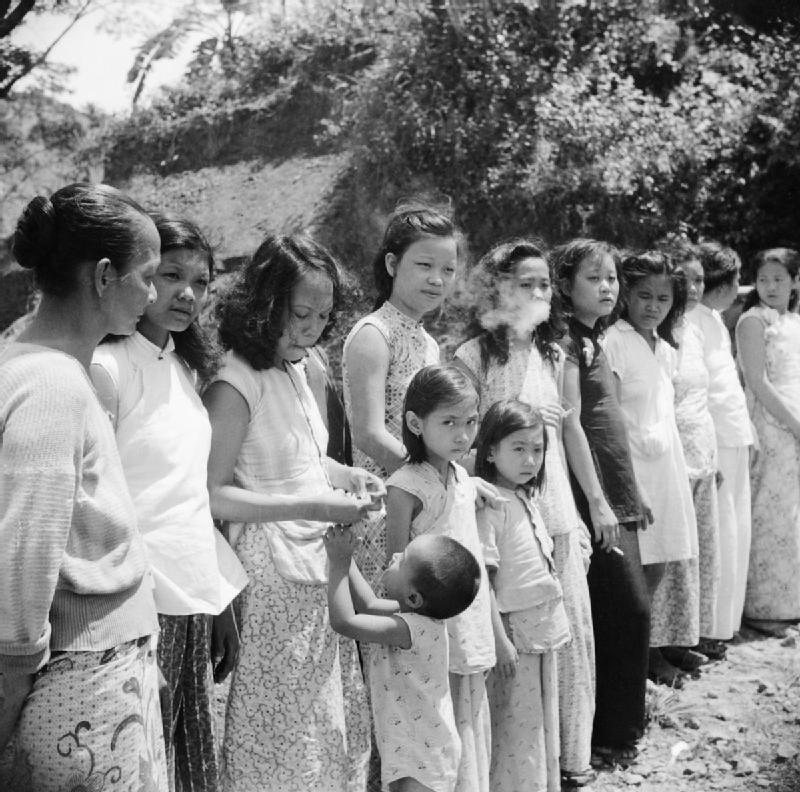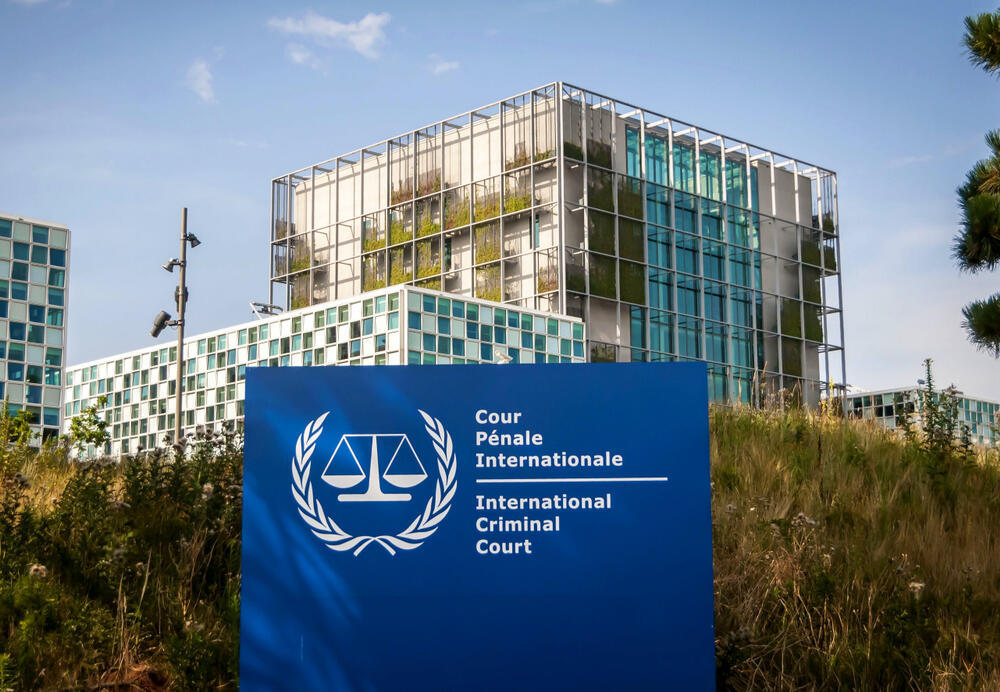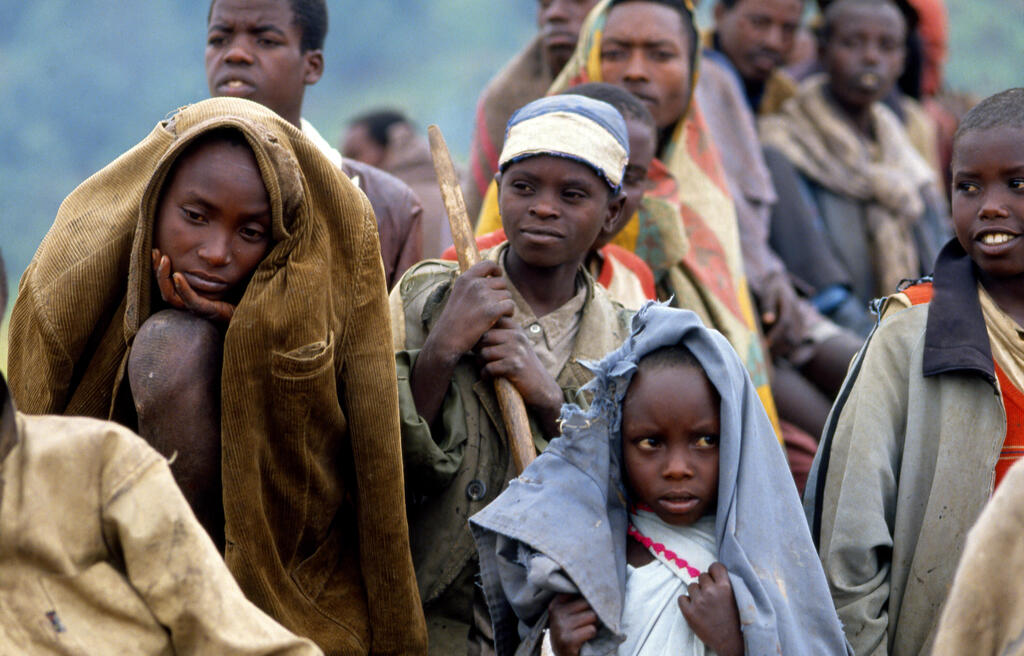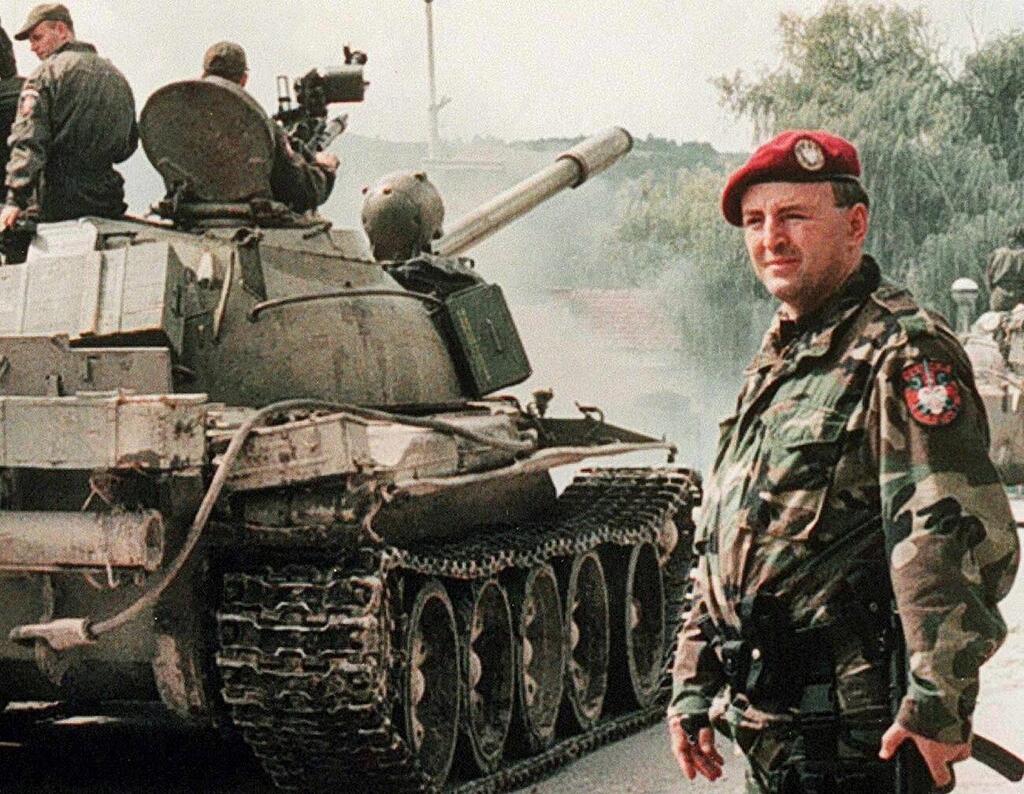At first, there were only rumors. Someone insinuated something about it. Here and there we heard of someone who knew someone who saw something. The horrific footage from that terrible day showed harsh, brutal, inconceivable violence. Entire families were wiped out, houses were burned down, corpses were brutalized, and toddlers were kidnapped.
More stories:
From time to time the scary thought creeps into our heads: Did they also rape the women and girls? Common sense is that this is what most likely happened. What are the chances that someone who beheads, cuts off limbs, and murders toddlers in their bed will be revealed as a 'Righteous Among the Nations' when it comes to rape?
Almost two months have passed since October 7th, and today - thanks to the testimonies given by survivors and Zaka members - we can say with certainty: The massacre by Hamas terrorists also included sexual violence whose monstrous dimensions are still unknown to us.
Hamas was not the first in history to use rape as a weapon. In fact, a quick Google check reveals that at some point throughout history, rape became almost an integral part of the warrior's ammunition arsenal.
Between Torah and Qur'an: religion and sexual violence amid war
"When thou goest forth to battle against thine enemies, and the LORD thy God delivereth them into thy hands, and thou carriest them away captive,
And seest among the captives a woman of goodly form, and thou hast a desire unto her, and wouldest take her to thee to wife;
Then thou shalt bring her home to thy house; and she shall shave her head, and pare her nails;
And she shall put the raiment of her captivity from off her, and shall remain in thy house, and bewail her father and her mother a full month; and after that thou mayest go in unto her, and be her husband, and she shall be thy wife.
And it shall be, if thou have no delight in her, then thou shalt let her go whither she will; but thou shalt not sell her at all for money, thou shalt not deal with her as a slave, because thou hast humbled her. " (Book of Deuteronomy, chapter 21)
Parashat Ki Teitzei deals with various Halakhot (Jewish laws) during wartime. The law related to "a woman of goodly form" specifies what is required of the Jewish warrior who encounters an enemy's woman and wishes to have sexual intercourse with her. The Torah does not forbid such rape, but it imposes several conditions on it before the warrior is allowed to exercise his desire.
Many consider these restrictions as a sign of compassion towards the captives: the delay in the rape (first the captive has to shave her head and then mourn her relatives for a month) is intended to minimize the harm done to them and to prevent violent and immediate rape of a large number of women.
Sages define these Mitzvahs as safeguard against Yetzer Ha'ra (inclination to do evil). They believe that Judaism demands soldiers to be restrained and even explicitly forbids the sale or torture of captives.
But no matter how we look at it, this Parasha constitutes a legalization of rape. The attempt to minimize the damage is in fact 'exonerate the inexorable', because how is it possible to allow rape and in the same breath ask "don't molest her"?
In Islam the situation is even worse: rape of women amid war is considered as a punishment for the women and a reward for the warrior. This concept is based directly on the Qur'an.
The Qur'an states that a Muslim is allowed to make use of women who are not his wives or his slaves for sexual purposes (Sura 4, verse 24). The Muslim commentators stated that a Jihad fighter can "marry" a captive among the enemy's women - that is, have sexual intercourse with her against her will - even if she is married.
Muhammad al-Arifi, the well-known Saudi theologian took it one step further, stating in a religious ruling shortly after the outbreak of the civil war in Syria, that Syrian rebels are allowed to "have sex during Jihad" as part of a "temporary marriage".
This marriage, as defined by al-Arifi, allows several fighters to marry the same woman at the same time, if she is over 14, single, widow, or divorced. In other words, the "freedom fighters" were granted religious permission to "marry" dozens of girls at the same time, rape them and end the "marriage" one minute after the rape takes place.
According to the Qur'an, women are also considered a reward given to the Jihad fighter in the next world:
"Beautiful, fair females guarded in pavilions; … Whom never deflowered a human before nor Jinn… Reclining on green cushions and rich beautiful carpets". (55th Chapter (Surah) of the Qur'an verses 72-76).
Between Troy and Nazi Germany: The history of sexual violence amid war
In ancient Greece and ancient Rome, rape of women during wartime was an accepted social norm. Even during normal days, the woman's consent to sex was not required, because women were considered the property of a male guardian of some kind - a father, husband, or slave master.
Whoever wishes to have sexual intercourse with a woman is required to obtain the permission of her guardian. A sexual act committed against the man's consent was considered a property crime committed against him.
In battles, on the other hand, no one's consent was required. Warriors saw the enemy's women as legitimate spoils of war. The harsh sexual violence experienced by women at that time is documented in many writings: the Roman historian Tacitus describes an army of 40,000 soldiers of ancient Rome who "torn to pieces" women and children upon their arrival in Cremona.
Another historian, the Greek Herodotus, describes in his writings that Persian soldiers engaged in communal rape of some Greek women who were tortured to death during the Greek-Persian war. A review of writings from the 8th century B.C. reveals that rape was not only a "winner's prize", but an integral part of the military operation orders.
In the immortal Greek work The Iliad by one of the greatest poets of ancient Greece, Homer, the advisor of the ruler Agamemnon orders the soldiers to conquer Troy and rape the women: "None of you will hurry and go back home, before he has slept with one of the women of Troy".
Unfortunately, it doesn't get any better. In ancient times, in the Middle Ages, in the early modern period, and in the 20th century - every war included sexual violence. Holding enemy women captive as sex slaves, mass rape, pimping, and enforced prostitution were an integral part of the battle, just like killing and looting.
In some cases, boys and girls also became sexual victims. In 1631, during the 30 Years' War in Central Europe, the German city of Magdeburg was captured by the Catholic forces. They did not content themselves with burning the city and murdering the inhabitants, they also committed mass rape of women and children.
The Spanish conquerors in the Americas also raped many indigenous children. During the Wahhabi-Ottoman war, Muslim women and girls were raped, and during the Ottoman-Russian war, Circassian women and girls were raped. The Armenian Holocaust included not only the mass slaughter of the Armenian people by the Turks, but also the violent and continuous rape of their women. In the First World War, the Germans systematically abused women and girls, known today as the "Rape of Belgium".
World War II also included many cases of sexual violence committed by all armies involved. Besides rape and sexual assaults by soldiers on the women of the occupied country, two armies institutionalized the system of enforced military prostitution: the Japanese army and the German army.
The term "Comfort women" was given to about 200 thousand women and girls forced into sexual slavery by the Imperial Japanese Army during World War II (and also during the Second Sino-Japanese War). The women were brought from the countries conquered by the Japanese, mainly Korea, China and the Philippines, and were recruited to work as prostitutes in "comfort stations", temporary brothels set up in foreign countries.
Absurdly, correspondence from the Japanese army indicates that the reasons for establishing the comfort stations were to prevent the spread of sexually transmitted diseases and to reduce acts of sexual assaults by the soldiers.
For some reason, the requirement for women to have sexual intercourse with hundreds of soldiers while holding a gun to their wrists was seen as a tool to reduce rape and not as rape in itself. At the same time, the Wehrmacht forces also established a system of military brothels where young women and girls from the territories occupied by Germany were forced to work in prostitution.
Even the end of this war was "celebrated" with mass rape: soldiers of the US, British, French, and Soviet armies raped about 2 million German women while liberating countries from Nazi occupation.
There has not yet been a single war in history in which men avoided sexual assault by the underdogs of society. Only one question remains to be answered: Why? How can it be that rape has become a consensus in all wars?
Between sexual release and humiliating the enemy: Rape as part of war tactics
"The practice of raping the women of a conquered group has remained a feature of warfare and conquest from the second millennium B.C. to the present. It is a social practice which, like the torture of prisoners, has been resistant to "progress," to humanitarian reforms, and to sophisticated moral and ethical considerations. I suggest this is the case because it is a practice built into and essential to the structure of patriarchal institutions and inseparable from them," wrote American historian and author Gerda Lerner.
Sexual violence during war, military operation, or occupation is committed by the combatants toward the occupied side in seven different ways: rape, sexual slavery, enforced prostitution, enforced pregnancy, enforced sterilization or abortion, genital mutilation, and sexual torture.
Rape during wartime will often contain ethnic, religious, or national affiliation, and will be done in a systematic and massive way. The purpose of rape during wartime is not only to attack the national identity of the woman, but to corrupt the future of the people and create mental occupation.
"This is a very ancient phenomenon. Rape is not only an act of sexual release for the fighters, but an integral part of the combat tactics," explains Adv. Anat Thon Ashkenazy, Director of the Center for Democratic Values and Institutions attorney at the Israel Democracy Institute. This is a weapon intended to humiliate, degrade, and tear apart human and social tissue."
To crush the soul as well, not just the body
"Exactly. The sexual assaults committed on October 7th prove that Hamas terrorists did not only seek to kill but did whatever they could to break the spirit. This is an integral part of terrorism - to instill terror, to abuse the soul, and to create chaos, fear, panic, and destruction. The mutilation of the bodies is also a showcase of this goal."
"After all, they were not satisfied with the killing, they stayed there and corrupted the bodies, to the extent that when they were found, the sight of their bodies would be terrible in the worst way possible. In some past cases, the purpose of large-scale rape during wartime, was also to make demographic change as part of a genocide".
Sexual offenses against women are considered among societies as a desecration of a nation. Sometimes tying the act of rape to harm in the nation's honor obscures the brutality of the harm done to the victim. The more conservative and patriarchal the society, the more serious this phenomenon becomes.
"The sexual assaults committed on October 7th prove that Hamas terrorists did not only seek to kill but did whatever they could to break the spirit."
In some cases in history, women who survived harsh sexual violence were expelled from their communities. This happened, for example, in the Bangladesh War of Independence in 1971. About 3 million people lost their lives in the war, and according to estimates, about 300 thousand Bengali girls and women were raped by Pakistani soldiers.
Many were murdered after the rape, and about 25 thousand of them conceived as a result of the rape. Unfortunately, this horrific story does not end here. It has another chapter, no less horrifying: after gaining independence, the Bengali men refused to accept back into the community the "dishonored" women and girls and the babies they gave birth to. The only option left for women to support themselves and their children was prostitution.
Historically, the tragedy of the Bengali women is not unusual. This triangle - women, sexual violence and wars - has created endless misery for thousands of years. The obvious question to be asked is how come no one has ever tried to stop it? How is it possible that so many peoples, countries and cultures allowed these terrible crimes to happen and did not try to prevent them?
Between respect and identity: The rape in the international law
Throughout history, several attempts have been made to oppose sexual violence during wartime, but these have always failed. In the Middle Ages, for example, the catholic church established the "Peace and Truce of God" movement, whose goal was to reduce violence and increase religious activity.
The church called on soldiers to refrain from attacking civilians who were not involved in combat, and promoted the code of chivalry according to which the weak - women, widows, and orphans - should be protected. Some Christian scholars praised these principles, but rape and looting continued to be common in war.
The explanation provided by the common people was that the entire occupied population - including women and children - was the enemy, and the occupying power could do whatever it wanted with the enemy. In the late Middle Ages, the laws of war even referred to rape and looting during war as a sign of the warrior's success on the battlefield and a "reward" for victory.
An exception was the Dutch jurist Hugo Grotius, who is still considered one of the central figures in laying the foundations for international law. He was among the first to draft international laws of war. He banned the rape of women during wartime, stating that it was not a security-related necessity and that it indicated a low point of morale; but no one listened.
A few more centuries passed during which more armed struggles and victims were involved, until the inception of international law. The first Geneva Convention was held in 1864, during which representatives of European countries gathered to define for the first time the laws of war in Europe under an international treaty.
"Actually, one can say that at the time the international law was established, was also the time when the issue of women's assault started to be discussed," explains Adv. Thon Ashkenazy. "In the first stage, it involved a prohibition to harm family honor – while the rape of women can be included in this category."
"They still haven't acknowledged the harm done to the victim or the woman's right to identity, autonomy, and freedom of choice; whoever raped women was considered to have harmed the value of the family. This was a time when women still did not have civil rights nor economic rights in most countries of the world, therefore harming them was seen as harming the community as a whole.
"After World War II, international courts were established, aiming to bring war criminals to justice. At the Nuremberg trials, detailed evidence was given about crimes of sexual violence, but no one was prosecuted for them.
"Even at the International Court of Justice in Tokyo, no one was convicted of sexual violence, although the court noted that over 20,000 women and girls were raped during the first weeks of the Japanese occupation of the Chinese city of Nanking. General Tomoyuki Yamashita was the only one who was convicted on the count of failing to prevent the rape committed by his soldiers, among dozens of other counts.
"The first time the prohibition of rape was explicitly defined was in the Fourth Geneva Convention in 1949. The convention prohibited violence of any kind against civilians, and Article 27 of the convention expressly prohibited rape during wartime as well as enforced prostitution during international conflicts.
"One can say that at the time the international law was established, was also the time when the issue of women's assault started to be discussed."
"In this convention, rape is still defined as 'an attack on the women's modesty and honor'. That is, the attack is social and not personal. This definition remained the same until the 1977 Amendment Protocols to the Geneva Convention. Additional Protocol I involved the protection of women and children during war, and Additional Protocol II, involved a prohibition on rape, as it was defined for the first time as a violation of the victim's dignity".
The prohibition of sexual violence, acknowledging it as a crime that must be judged is very important; but it is not enough to say that it is forbidden; it is also necessary to punish those who violate the prohibition. This significant step-up took place only in 1994, in two countries separated by thousands of kilometers: Yugoslavia in Eastern Europe and Rwanda in Africa.
Between Rwanda and Yugoslavia: A turning point
About 800,000 people were murdered in the "Rwanda Genocide". The perpetrators, the Hutus, a certain ethnic group, systematically and brutally massacred the Tutsis, another ethnic group, for about a hundred days. At the end of the events, the United Nations established an international criminal court to examine the crimes committed in Rwanda.
It was revealed that the murder also included many cases of rape: according to various estimates, about half a million women and girls were raped. The first person tried and convicted for sexual violence was Jean-Paul Akayesu, who served as mayor of the city where Tutsi were murdered. The initial indictment filed against Akayesu did not include sexual offenses, but pressure from women's organizations led to a change in the indictment.
During his trial, it was determined for the first time that sexual violence during wartime can also be considered genocide. The court determined that the many cases of rape of Tutsi women were intended to exterminate the Tutsis. Judge Navanethem "Navi" Pillay stated after the verdict: "From time immemorial, rape has been regarded as spoils of war. Now it will be considered a war crime. We want to send out a strong signal that rape is no longer a trophy of war."
At the end of four years of legal discussions, testimonies, and evidence, the offense of rape was defined for the first time as a war crime and a crime against humanity.
And in the other half of the world, in more or less the same years, eight Serbian soldiers were accused of raping Muslim women during the war in Yugoslavia. Their lawyer argued in their defense that it is customary to hear testimonies about rape, but the acts should be suppressed because that is how it has always been.
Judge Richard Goldstone answered: "Indeed, rape has not interested the international community so far, but it is time to publicly face these cruel acts."
The court convicted three soldiers of rape, sexual slavery, and sexual torture, thus setting a legal precedent. In the verdict, women's right to freedom from violence was recognized as a human right, and the crime of rape was recognized as a crime against humanity.
In another trial, another soldier was convicted of violence, sexual assaults, and genital mutilation, when for the first time the main victims were men.
"Indeed, rape has not interested the international community so far, but it is time to publicly face these cruel acts."
"It was the first time in history that people really paid a certain price for this crime. It is true that acts of sexual violence were integral parts of all wars in history, but in the wars that took place at the end of the 20th century in Yugoslavia and Rwanda, rape was used as a major weapon," explains Thon Ashkenazy.
"During the war in Yugoslavia, which claimed the lives of approximately 130,000 people, between 20,000 and 60,000 cases of rape occurred. In Rwanda, half a million were raped. In these two wars, there was an active attempt to change the structure of the population.
"For the first time in history, they acknowledged that sexual offenses were crimes that harm the common international interests and shock the human conscience. In addition, the special Yugoslavia and Rwanda courts also contributed to the way the rape victims were treated during the trial.
"Feminist organizations claimed that if crimes against women are not taken into account, and if the testimonies of women victims are not heard, then the international trials will remain distorted. These organizations' demand to allow the victims to testify has redefined the attitude of the international criminal law towards crime victims, and is intended to give voice and recognition to the victims."
Following the Rwanda and Yugoslavia judgments, the Rome Statute in 1998 established the basic principles according to which the International Criminal Court operates in The Hague. This treaty is now considered the modern international criminal code. The treaty states that sexual crimes are considered crimes against humanity and war crimes, and that persecution based on gender is a crime against humanity.
"On the basis of the Rome Statute, combatants and commanders in wars have already been convicted, not only for committing rape but also for giving instructions for such behavior. In Congo and Darfur, for example, high-ranking commanders were convicted for ordering rape and directing the combatants to attack civilians."
What must be proven in order for rape to be considered as a war crime?
"In order to define rape as a war crime and not as a rape offense, it must be broad and systematic, when its purpose is to bring about the total destruction of the community. In other words, proof of a single case of rape, no matter how horrific it may be, is not enough.
"This high evidential bar also echoes our dealings today with Hamas terrorists, which makes it difficult to prove from a legal point of view. In order to bring about a conviction, it is not enough to prove that there were cases of rape, but also evidence of specific and systematic instructions for the rape."
A month after the massacre on October 7, it was revealed that the Israeli police had collected evidence of rape and sexual abuse, aiming to present it at the International Criminal Court in The Hague. Investigations of Hamas terrorists at the Shin Bet headquarters show that one of the operational instructions the terrorists received prior to their terrorist attack was to "take, kidnap, and corrupt the Jewish woman and her children."
Nevertheless, it is not certain that we will get to see the Hamas terrorists stand trial for rape. "We have to take into account that, unfortunately, most of the victims are no longer alive. There may be more evidence later, because it takes time for people to process the event until they manage to report it.
It is true that the rape of women on a large scale is one of the things that hurt the nation the most, but it must be remembered that before the pain of an entire nation, there is the pain of individual victims with a name and a face.
On the one hand, there is a desire to motivate the victims to action and make them testify, but we still need to maintain respect towards them and their right to privacy. Legal work is based on the international courts, trying to find solutions to prosecute the terrorists, but this is a big challenge."



